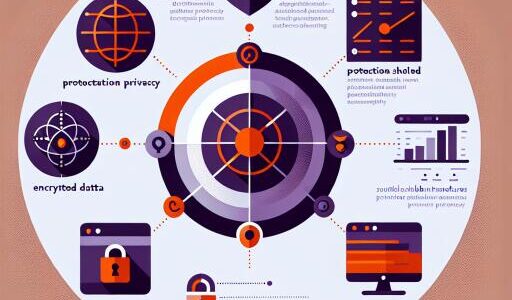Browser Trouble I: Edge Tries Again to Import Google Chrome Tabs (Nov. 2024)
Microsoft seems to be taking another controversial step in its ongoing efforts to push users towards the Edge browser. Latest reports indicate that the Edge browser is now attempting to import tab settings from Google Chrome without clear user consent.
This intriguing development was first observed when users began noticing odd behaviors post-Windows updates. A prominent case involved a Windows update installation, which ended up automatically opening Microsoft Edge post-restart with all previously open Chrome tabs. This caught many off guard, especially those who predominantly use Chrome and only occasionally turn to Edge.
This hasn’t been a one-off incident. Another user reported that upon booting up their Windows system, Microsoft Edge launched automatically after login. Subsequently, a prompt appeared suggesting an enhanced browsing experience. This prompt, with a visual appeal, recommended the regular importation of data from other browsers. The default setting enabled this data import, albeit an option to decline existed but as a relatively hidden small white X button.
Upon confirming, the Edge browser begins importing Chrome data and would continuously do so if Chrome is set as the default browser. This behavior appears mostly on PCs where Chrome is installed, seemingly targeting Chrome’s user base and attempting to coax them into using Edge.
A spokesperson from Microsoft clarified that this prompt is intended as an option for users to import data from other browsers. For those who prefer not to participate, there is indeed a way to opt out, although the design makes the decline option less noticeable.
For users who predominantly choose browsers other than Edge, this automatic launch can feel intrusive, and many have voiced concerns about privacy and control over personal data. It’s become a topic of conversation in the tech community, especially as users share their experiences of being unexpectedly entangled with Edge.
Fortunately for users in certain regions, measures like the European Digital Markets Act have led to requirements for Microsoft to allow for the uninstallation of Edge altogether, giving European users a semblance of relief from unexpected Edge launches. In setups such as Windows 10 2019 IoT Enterprise LTSC, it’s possible to fully remove Edge, allowing users to exclusively embrace browsers like Ungoogled Chromium or Firefox without interference.
Nonetheless, the ongoing scenario highlights the struggles users face in maintaining autonomy over their browser choices amid operating system-driven defaults. For those outside the scope of such legislation, careful vigilance is required to ensure their preference remains untampered.
This situation underscores the broader conversation about digital consent and user autonomy regarding personal data and software preferences. With Edge’s aggressive tactics, the debate over fair practices in software design and user respect remains more relevant than ever.
Similar articles delve into recent updates, like how November 2024 adjustments affected server interactions with older browsers, providing a broader context to the shifting landscape of browser dynamics.










